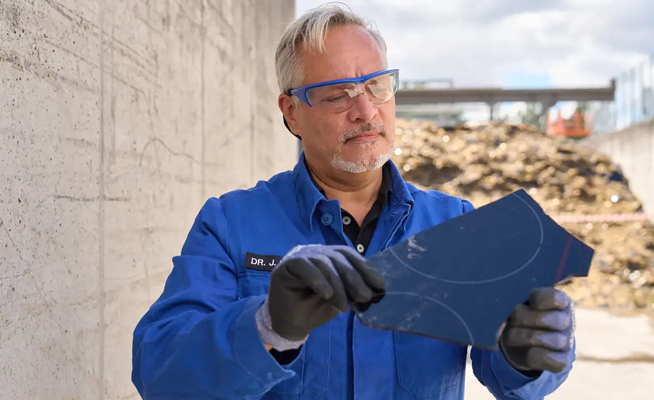SCHOTT has successfully completed a major pilot project regarding their circular economy. Together with partners from the waste management and home appliance industries, the company has successfully reintroduced discarded glass-ceramic cook-tops into the production cycle for the first time.
In a multi-week large-scale trial, 50 tonnes of used glass-ceramic cullets were collected, processed, and remelted – without any loss of quality. This marks a technological breakthrough for the industry, proving that a circular economy is feasible for glass-ceramic cook-tops.
Each year, around 1.3 million cook-tops are replaced in Germany alone, and most end up in landfills. By reusing the valuable materials they contain, natural resources can be conserved and dependence on primary raw materials reduced.
To make large-scale recycling a reality, clear political frameworks are still needed. That’s why SCHOTT, along with their partners, are actively advocating for regulations that enable the separate and non-destructive collection of used cook-tops and support a functioning circular economy.
Through this pilot project, SCHOTT reaffirms its commitment to innovation, sustainability and responsibility, taking another step towards a more circular future.





